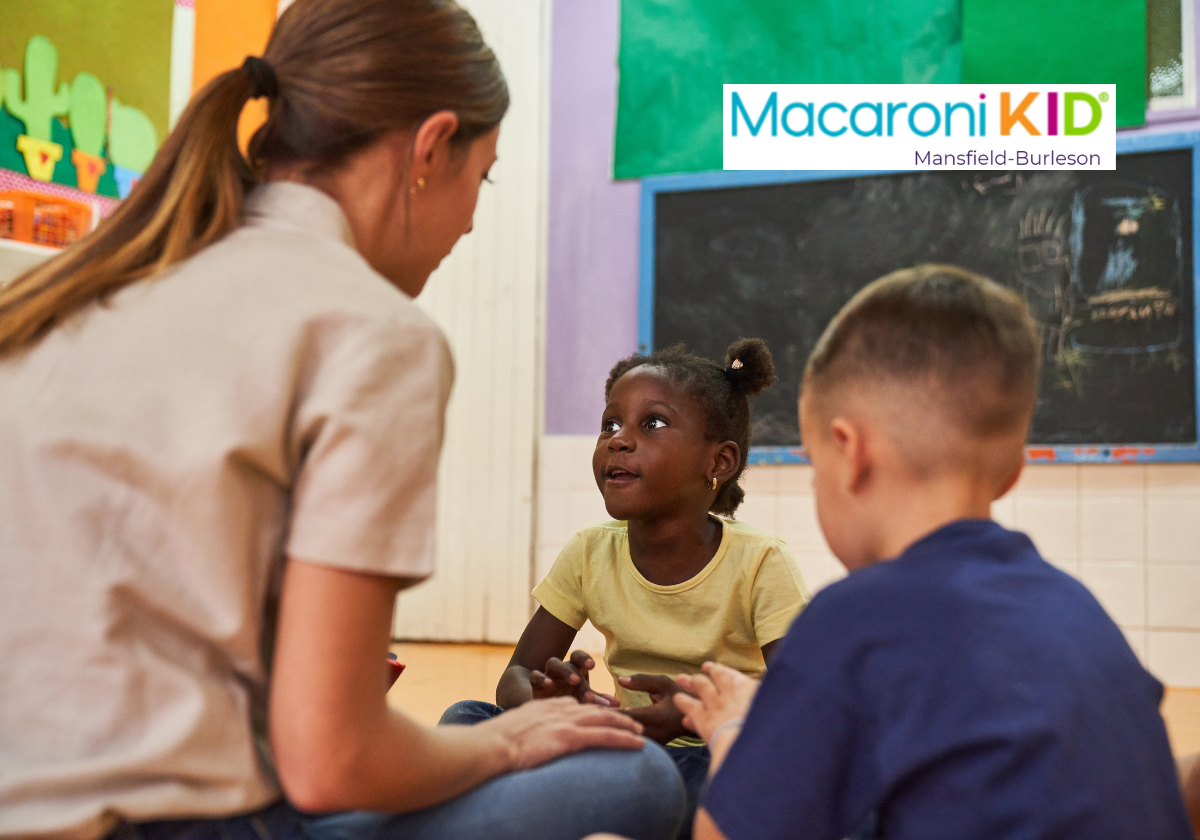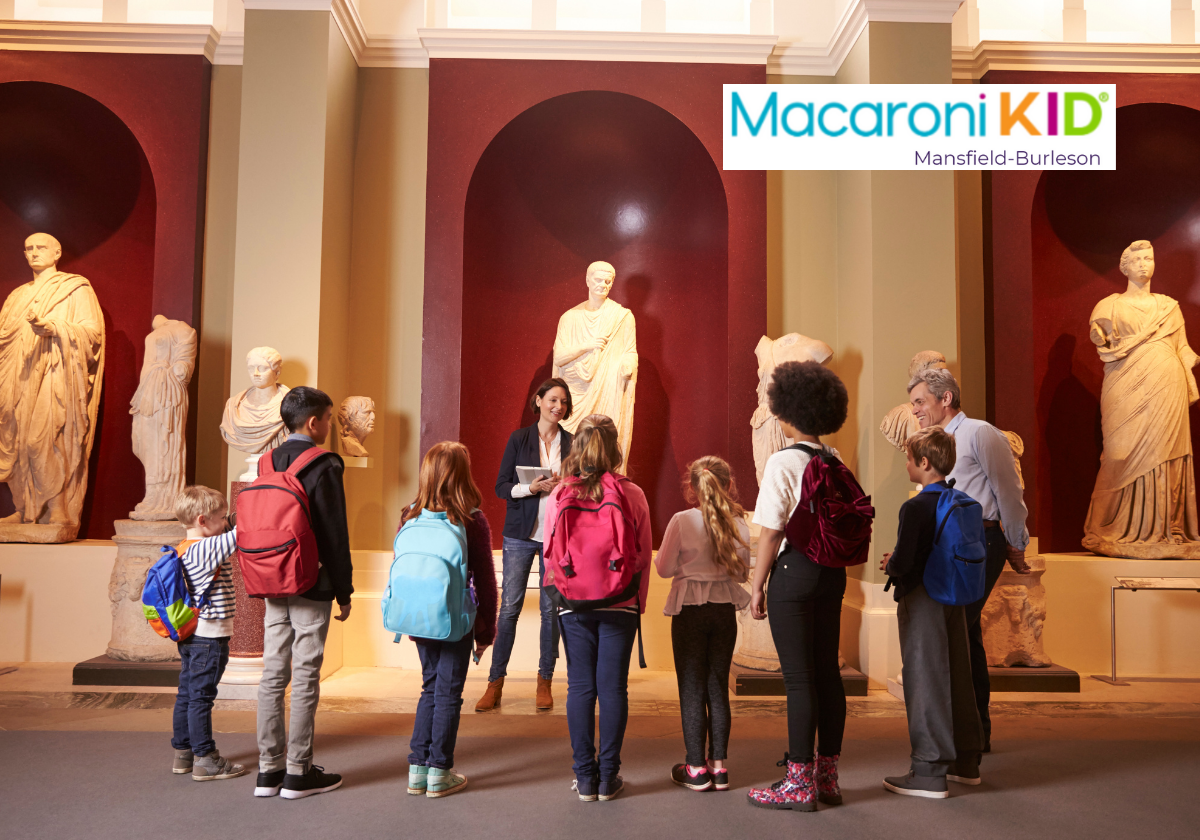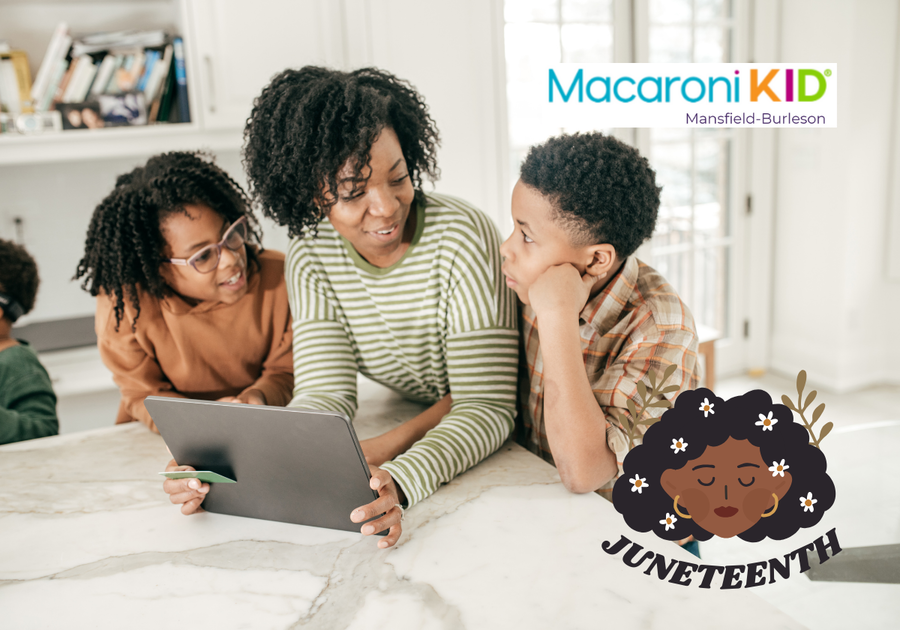Juneteenth, celebrated on June 19th, commemorates the emancipation of enslaved African-Americans and serves as a poignant reminder of the ongoing journey towards equality.
While Juneteenth provides an excellent opportunity to educate children about this pivotal moment in history, it is equally important to continue this education throughout the year.
Here are some tips for parents on how to consistently teach their children about African American history and culture, accompanied by a selection of valuable resources.
1. Incorporate African American History into Daily Learning
Reading captivating books and watching engaging documentaries together can make history come alive for kids. It’s an opportunity to connect deeply and share thoughts and perspectives, making learning a shared adventure.
Books:
- For Young Children: “The Undefeated” by Kwame Alexander and Kadir Nelson, “Sulwe” by Lupita Nyong'o.
- For Middle Schoolers: “Brown Girl Dreaming” by Jacqueline Woodson, “One Crazy Summer” by Rita Williams-Garcia.
- For Teens: “Stamped: Racism, Antiracism, and You” by Jason Reynolds and Ibram X. Kendi, “The Hate U Give” by Angie Thomas.
Documentaries:
- For All Ages: “The Watsons Go to Birmingham,” “Hidden Figures.”
- For Older Children and Teens: “13th” by Ava DuVernay, “I Am Not Your Negro” based on James Baldwin’s unfinished manuscript.
Educational Programs:
- PBS LearningMedia: Offers a range of educational resources and lesson plans on African American history.
- Smithsonian’s National Museum of African American History and Culture (NMAAHC): Provides digital resources and virtual exhibits.
2. Engage in Conversations About Current Events
Encourage open dialogue about news stories, social justice movements, and the contributions of African Americans in various fields. These conversations help kids feel more connected to the world around them. When something happens in the news, it’s a chance to sit down and talk about it together, making it relatable and understandable for them.
For example, discussing a recent social justice event can turn into an enlightening discussion about fairness, activism, and the impact individuals can have on society.
These moments build critical thinking and empathy, and it’s amazing to see your child’s awareness and understanding grow in real-time.
 |
3. Celebrate African American Contributions Throughout the Year
This continuous celebration makes learning fun and helps kids appreciate the richness and diversity of African American contributions to society.
Black History Month (February): Participate in activities and attend events that celebrate African American history.
Music and Arts: Explore the works of African American musicians, artists, and writers. Attend local cultural events and exhibitions.
Community Involvement: Support African American-owned businesses and participate in community service projects that honor the legacy of civil rights leaders.
4. Visit Historical Sites and Museums
Family trips to historical sites and museums are like mini-adventures!
Exploring historical sites and museums dedicated to African American history provides hands-on learning experiences. Some notable places to visit include:
- The National Civil Rights Museum in Memphis, TN.
- The Harriet Tubman Underground Railroad National Historical Park in Maryland.
- The George Washington Carver Museum in Austin, TX.
These visits provide tangible connections to the past, making history feel real and personal. It’s thrilling to see kids’ eyes light up as they walk through exhibits and hear stories that bring history to life. Plus, many museums now offer interactive exhibits and virtual tours, adding an element of excitement and accessibility.
 |
5. Utilize Online Educational Platforms
Several online platforms provide comprehensive resources for teaching African American history:
- Facing History and Ourselves: Offers lesson plans and resources that address racism, antisemitism, and prejudice.
- BlackPast: Provides a vast repository of African American history, including biographies, historical documents, and timelines.
- TED-Ed: Features educational videos and talks that cover a wide range of topics related to African American history and culture.
6. Encourage Creative Expression
Encourage children to express what they’ve learned through creative projects such as:
- Writing: Essays, poems, or short stories about historical events or influential African American figures.
- Art: Drawing, painting, or crafting projects that reflect themes from African American history.
- Performance: Participating in plays, dance, or musical performances that celebrate African American culture.
 |
Teaching children about African American history and culture should not be confined to a single day or month.
Engaging in meaningful conversations, and celebrating contributions year-round can provide a comprehensive and ongoing education for our children. This not only honors the rich legacy of African Americans but also fosters a deeper understanding and appreciation of their pivotal role in shaping our society.



